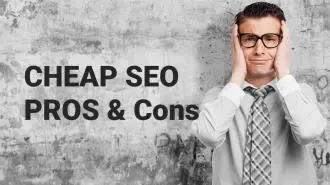Summary / TL;DR
SEO performance often struggles due to evolving algorithm standards, poorly implemented keyword strategies, lack of trust-building content, and technical issues like mobile unresponsiveness and slow page speeds. Google ranks pages based on over 200 factors, including user experience, content quality, and website authority. Websites often fail by targeting the wrong keywords, using duplicate content, or ignoring on-page elements like meta descriptions and SSL security. Additional pitfalls include keyword cannibalisation, poor site navigation, broken links, and a substandard backlink profile. Recent challenges also stem from Google's user experience metrics and increased competition across industries, requiring frequent strategy updates.
Starting your online business journey can be quite challenging, especially if you’re tackling search engine optimisation on your own.
Tackling SEO challenges can sometimes be frustrating, especially when efforts don’t immediately yield results. Well, we assure you that you’re not alone in this.

Search Engine Optimisation (SEO) is a set of varied techniques for improving SERP rankings. The idea is to enhance the visibility of search engines so that more prospects can find your website. SEO requires patience to show tangible results, but like in the above case, sometimes they just don’t appear. Given that people wait to see SEO results, it can be frustrating not to get any.
Improving SEO performance means recognising that it’s a constantly evolving field. Fast forward a few months, and you might be surprised by the new SEO tricks that pop up. The toughest changes often come from major algorithm updates.
Want to learn more about SEO challenges that might prevent your website from finding success? Keep on reading.
This article delves into decoding search engine algorithms, tackling SEO challenges, and examining recent advanced changes that might impact your SEO strategy. Let’s jump right in.
Want to receive updates? Sign up to our newsletter
Each time a new blog is posted, you’ll receive a notification, it’s really that simple.
How Does Google Rank A Website?
The Google algorithm considers more than 200 factors when ranking a website. Google’s web crawlers first scan and index all pages on a website, then examine various aspects of the individual pages.
In the next step, Google’s algorithm determines the website’s overall usefulness to the user. It forms an opinion about the website’s authority and rates it accordingly.
While this might be an oversimplification of the ranking process, given the number of factors it takes into account, it would be beyond the scope of this article to dive deeper. SEO can play a crucial role in helping a website check many boxes. In short, when done right, SEO can significantly improve your visibility on Google.
One of the major challenges in SEO is its ever-changing nature, mostly thanks to Google’s frequent algorithm updates. As a result, your SEO strategy has to change and grow to stay competitive in the rankings.
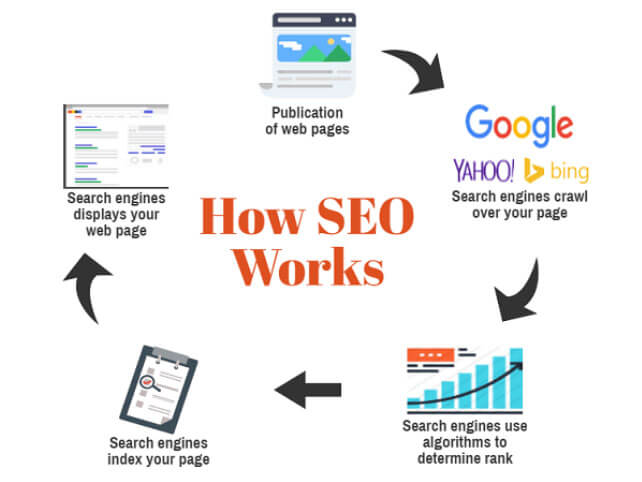
Why Are Organic Search Rankings So Crucial?
Organic search rankings can affect how your business is found online. Organic search helps your business reach prospective customers whenever they use search engines like Google to search for queries relevant to your business. If you get your strategy right, you can strike gold in the form of newer, high-quality leads for your business.
As we have mentioned, your organic search success will depend on how well you implement a solid SEO strategy for your business website.
You might need to overcome these SEO challenges to see the desired ranking and visibility results.
Some Common SEO Challenges & How To Fix Them
The following are some common SEO challenges that may have caused your SEO results to stagnate:
1. Not Targeting The Right Keywords In The Content
Keywords are arguably one of the most crucial organic search and SEO elements. Keywords inform the search engines about the relevance of your content to users’ search queries. Reaching your target audience is slim if you don’t target the right keywords and stuff your content with industry jargon.
Users typically ask simple questions when searching. Not using long-tail keywords can sometimes hurt your SEO strategy. If your site’s packed with the wrong keywords, Google might struggle to match these inquiries, leading to a drop in rankings.
Another keyword issue that can hamper your SEO strategy is keyword stuffing. Google’s algorithms downgrade your website on the SERP if they detect skewed keyword density in your website’s content.

How Can You Fix It?
The best way to avoid keyword issues on your website is to start with basic keyword research. You can use one of the many powerful and free keyword tools on the web for this purpose. List the most suitable keywords and group them into primary and secondary. You must make it a point to include long-tail keywords in the web copy.
You should think like your target audience and search for their perspectives. This will make your keyword strategy more effective. You must base your content strategy around the keywords you identify during your search.
Additionally, you must be extremely careful when including keywords in your content. To avoid keyword stuffing, you must strategically place your keywords. There is a thing called too many keywords; therefore, don’t try to outsmart search engine algorithms.
2. Failing To Build Trust With Your Target Audience With Your Content
The most crucial factor behind any business’s success is the trust it obtains from its target audience. Irrespective of your industry, one common denominator that can be the difference between success and failure is consumer trust.
Now, when you bring your business online and create a website, you must aim to gain the trust of your audience. The content of your website can lead to a trust deficit if it overwhelms or disappoints an incoming visitor. The following are some of the common reasons for this:
- When your website is excessively sales-oriented, you lose a prospect’s trust. It could result from paying more attention to sales than providing users with relevant information and real help.
- Your website contains thin, poorly researched content.
- Visitors feel misled when your content and keyword choices do not align.
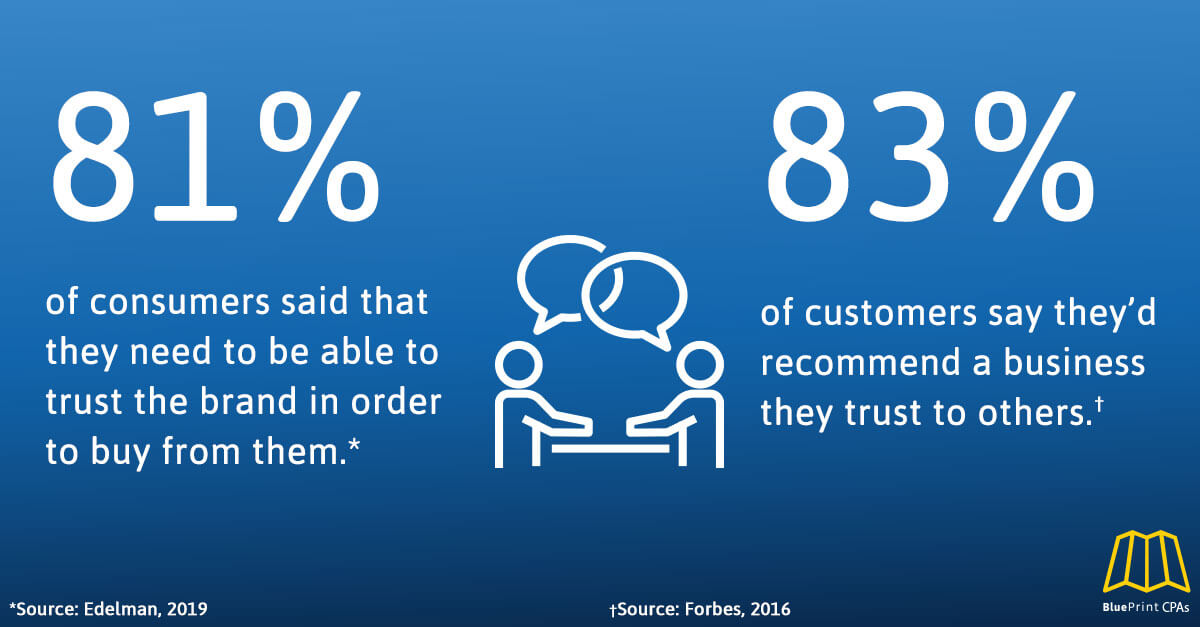
How To Fix It?
When writing content for your website, the first step is to think from customers’ perspectives. You must ensure visitors’ needs are met whenever they land on your website.
Never brag excessively about your business and its achievements. It’s better to be humble than to oversell your business. Secondly, research well before writing content and link to credible and authoritative information sources. The idea is to provide the most informative content to visitors. Also, make your blogs and articles SEO-friendly.
Additionally, you can adopt new-age content on your website. For example, you could include live streams on your website or social media handles in your content strategy.
A digital content marketing agency can also help you develop your website content. Addressing content issues can significantly improve the effectiveness of your SEO efforts.
3. Having A Website That Is Not Responsive
A responsive website adapts its layout and design elements according to the device used. Responsiveness has gained momentum due to the increasing prevalence and dependence on mobile devices.
Today, most internet users access the web on their mobile devices. Given the emergence of this phenomenon, Google now emphasises mobile responsiveness as an essential ranking factor.
If your website is only optimised for desktop users, you’re missing out on a huge chunk of your target market.
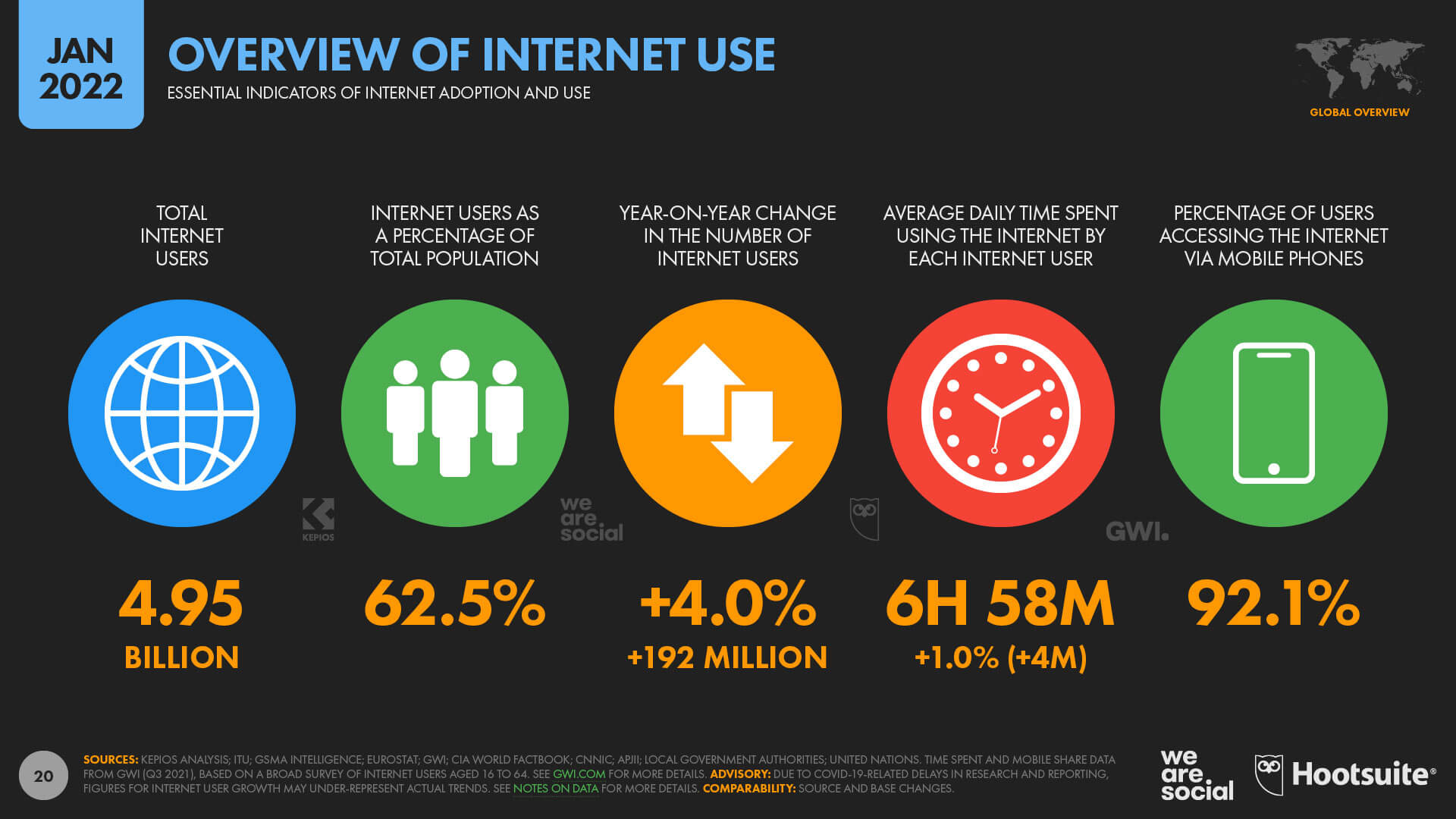
How To Fix It?
If your website is not responsive to mobile devices, you should speak with a web developer. Once your website is mobile-friendly, you will notice a change in your SEO results.
4. You’re Failing To Implement Crucial SEO Best Practices
A pivotal objective of any SEO strategy, especially technical SEO, is to make your website and its content stand out from search engine crawlers. On-page SEO involves a range of basic best practices that determine the overall strength of your website and its image in front of Google.
Some of these on-page SEO basics that you might be missing out on are as follows:
Titles & Meta Descriptions
Google’s search algorithms flag missing titles and meta descriptions on your web pages as negatives. Creating engaging, relevant meta titles, tags, and descriptions is essential.
SSL Certificate
An SSL certificate is like a seal of safety for a website. Without an SSL certificate, users don’t view your website as a safe link and try to avoid it, which leads to less interaction from prospects.
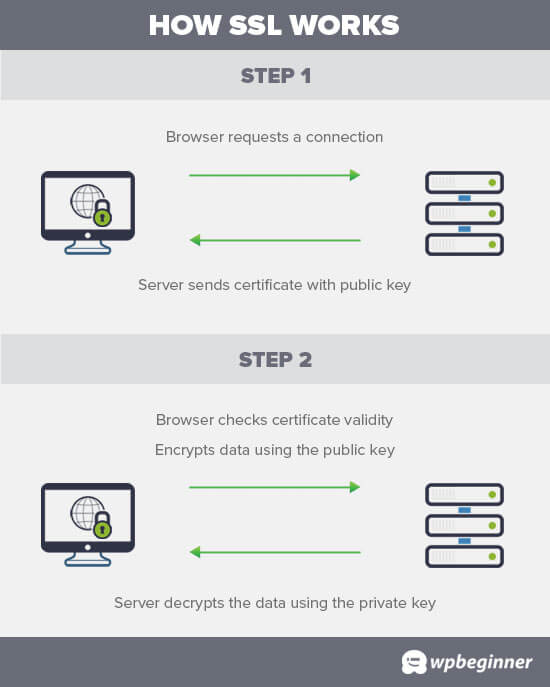
Appropriate Headers
Header tags are essential for search engine crawlers to understand the content on your website. Not having header tags hampers your SEO and decreases your content’s readability.
How To Fix It?
You must add appropriate titles and meta descriptions for every website page and include an SSL certificate to secure your website. Both search engines and users prefer secure websites.
You should also include header tags in your web copy to help web crawlers navigate and understand your content easily. By applying header tags, you can also improve the readability of your website.
5. Keyword Cannibalisation
Keyword cannibalisation is arguably one of the most severe issues plaguing your SEO efforts. What is keyword cannibalisation to begin with?
Keyword cannibalisation is an issue that arises when multiple pages, articles, or blogs on your website are optimised for the exact keywords, leading to duplicate content. When this happens, numerous pages on your website start competing for the same user queries. And naturally, competing with your content isn’t healthy for your SEO and website.
When your web pages compete with one another due to keyword cannibalisation, their chances of ranking decrease significantly. In addition to that, your backlink profile and CTR(click-through rate) also get diluted.
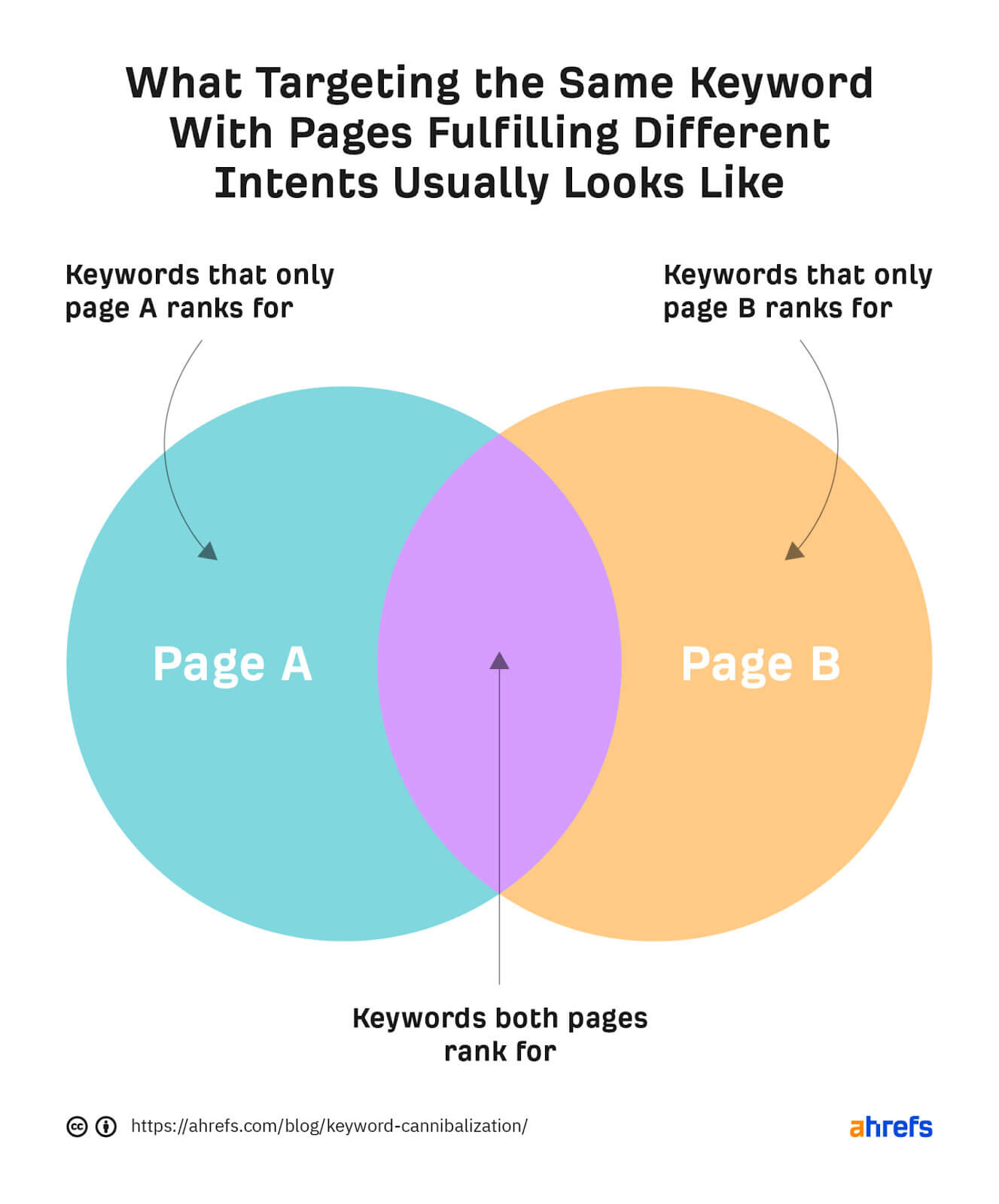
How To Fix It?
To detect and rectify keyword cannibalisation on your website, follow these steps:
Content Audit — Firstly, you must thoroughly audit the content on each website page. The content audit should focus on matching the keywords to each page. Making a list will help you find the optimised pages for identical/similar keywords or phrases.
Content Performance Analysis — Once you have identified the pages that suffer from possible cannibalisation, it’s time to check the SERP performance of these pages.
Identifying What To Keep—Based on the results of your performance analysis, you can determine which pages are vital and perform better than other affected pages. You can keep the pages performing better.
Merging/Removing Others — In the last step, you must decide the final action. You can merge multiple affected pages or remove those that might not add value to the better-performing ones.
6. Slow Page Speed
In the digital age, attention spans are notably shorter. Site speed is essential as consumers aren’t inclined to wait more than 3 to 4 seconds for the information they need from their search queries. Their patience runs out when they wait more than 3 to 4 seconds.
Page speed is when a web page loads entirely on a device with all its elements. Visitors bouncing off your website are way higher if your website contains pages that don’t load quickly. A higher bounce rate means that your website has poor engagement rates.
Google’s search algorithms take engagement metrics very seriously. Therefore, you can’t afford to play around with slow page loading speeds. Your page rankings and SEO get penalised by Google for slow page loading speeds.
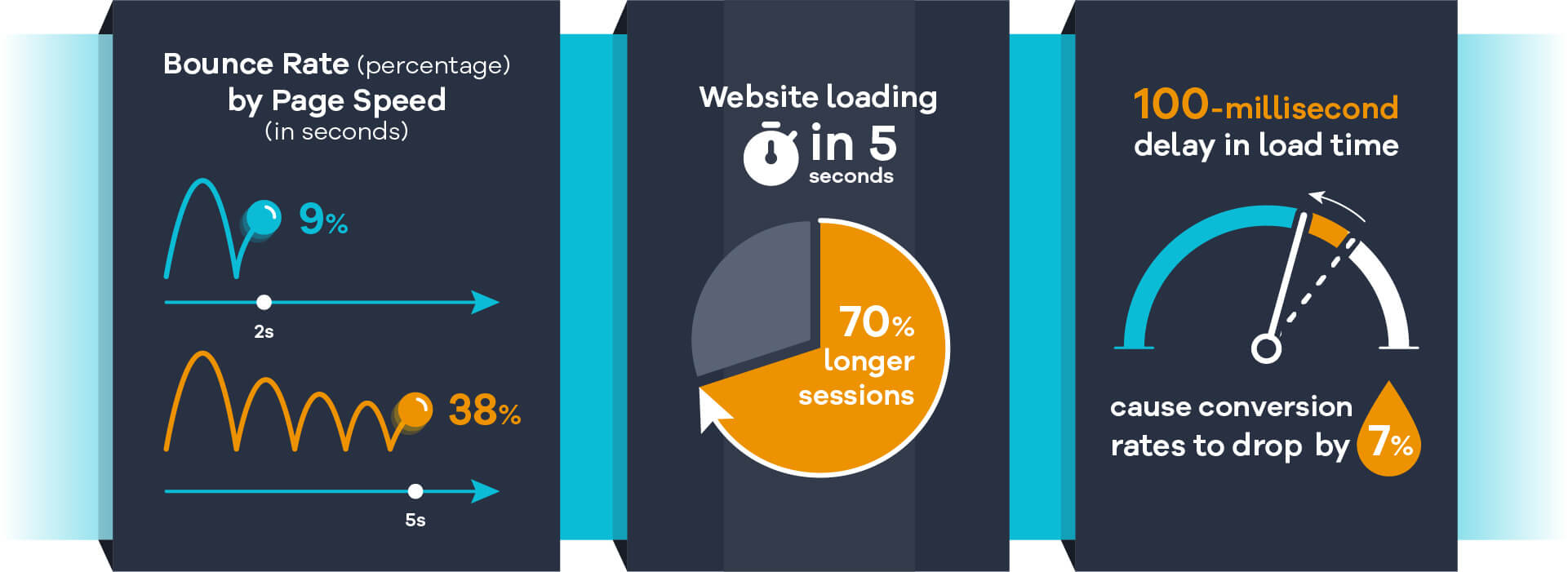
How To Fix It?
First, you need to check the loading speed of all individual pages on your website. One of many free online tools, such as Google PageSpeed Insights, can help.
When you have identified the pages that need to be improved, you can follow the steps below to maximise the speed of your website:
- Files like images can be smaller by reducing their sizes and compressing files.
- Reduce the number of videos and images wherever possible.
- Reducing the total number of HTTP requests on your website.
7. Poor Site Navigation
Your on-page SEO is also affected by its navigation structure. Your website’s structure determines how easily visitors and search engine crawlers navigate the content.
When your website has a haphazard and tedious structure, the chances of your visitors bouncing off are higher than ever. As mentioned, a higher bounce rate negatively impacts your engagement rate.
How To Fix It?
You can solve the navigation problem on your website by giving a straightforward navigation menu. It would be best to create clear sitemaps to help search engine crawlers navigate between pages without difficulty.
Additionally, you can offer your users some self-configuration tools. These tools can instil a sense of control and allow users to customise their navigation experience on your website.
Lastly, ensure that menu labels and categories are easily understandable without extensive thought.
8. Poor Linking Strategy
Specific strategies, such as creating a strong network of internal links and building links externally, are integral to improving your rankings. Better quality links play a vital role in improving your website’s authority. It is a well-known fact that websites with good authority rank better.
When your backlink-building strategy lacks quality and vision, you lose out on improving your website’s authority. You cannot rank higher than your competition if your backlinks don’t come from high-quality and authoritative sources.
When you get most of your links from websites focusing solely on trading backlinks, Google can penalise you. You are doing a great disservice to your SEO strategy if you focus on 100s of low-quality backlinks rather than a limited number of high-quality ones.
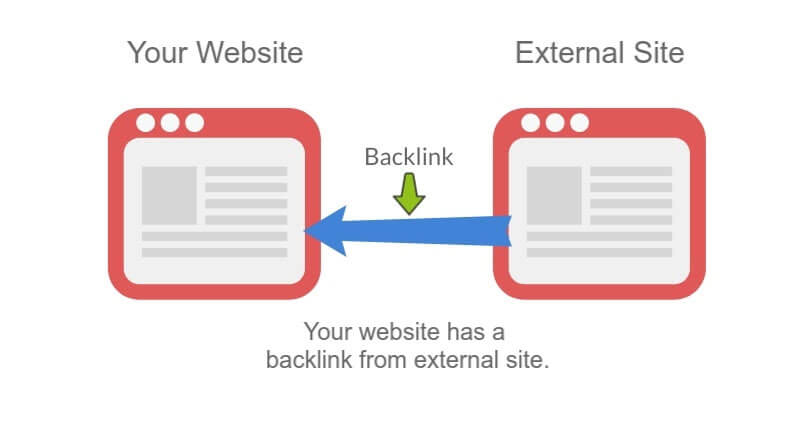
How To Fix It?
Enlist the help of free online tools, such as Google Search Console, to identify any low-quality links on your website. You must ensure that your backlinks only come from websites that contain relevant content in your niche. In addition, you should always examine whether a given link will add value to your business.
You should ensure that your backlinks don’t come from spammy websites. Always check websites for pages like Privacy Policy, About Us, and Terms and Conditions to identify their legitimacy.
Remove all broken links and low-quality connections from your website as a first step to regenerate your website’s credibility and authority.
Some Advanced SEO Challenges To Keep In Mind
Now, look at some relatively advanced and new SEO challenges you should consider. These are:
1. User Experience(UX) Is The Key
The recent Google algorithm update has introduced Core Web Vitals. These three metrics measure loading quality, interactivity and visual stability. These respective metrics are:
- Largest Contentful Paint (LCP)
- First Input Display (FID)
- Cumulative Layout Shift (CLS)
The introduction of these metrics points towards Google’s attention to improving the website user experience(UX).
Given the emphasis on UX, you cannot afford to lose points to a lacklustre user experience for visitors to your website. Therefore, you should always ensure a straightforward navigation structure, improve the page loading speed, and consider other factors that impact user experience.
2. Changes In Search By Google
Google constantly tests and changes elements in its search environment. These changes generally fall in the range of thousands. These changes can directly affect your SEO strategies as well.
While you can’t do much to control these changes, what you can do is control your response to them. You need to be in the know and research these changes to tweak your SEO strategy accordingly.
3. Fight For The Top-spot: Increase In Competition
As more businesses come online, the fight for that coveted top spot in the SERPs is only tightening. Every industry is witnessing a massive influx of new companies on the Internet.
You can’t do much to control this influx, but you can do a lot on your website to stay ahead of the competition. You should stay on top of industry research, ensure a great user experience, and evolve your algorithm.
Get Your SEO To The Top!
We have discussed various challenges that could be interfering with your SEO efforts. You must stay on top of these challenges and mitigate them as soon as you know their presence. Also, keep up to date with the latest trends and algorithm changes.
Overcoming these challenges requires expertise, ongoing monitoring, and strategic adjustments. Our SEO services address these common pitfalls through comprehensive audits, technical optimisation, and continuous strategy refinement to keep your rankings competitive.
At sitecentre®, we understand that undertaking your SEO and digital marketing can be challenging. We strive to assist small businesses in reaching their full potential. Please do not hesitate to contact us if you require any assistance.
That’s all for now. Good luck!





